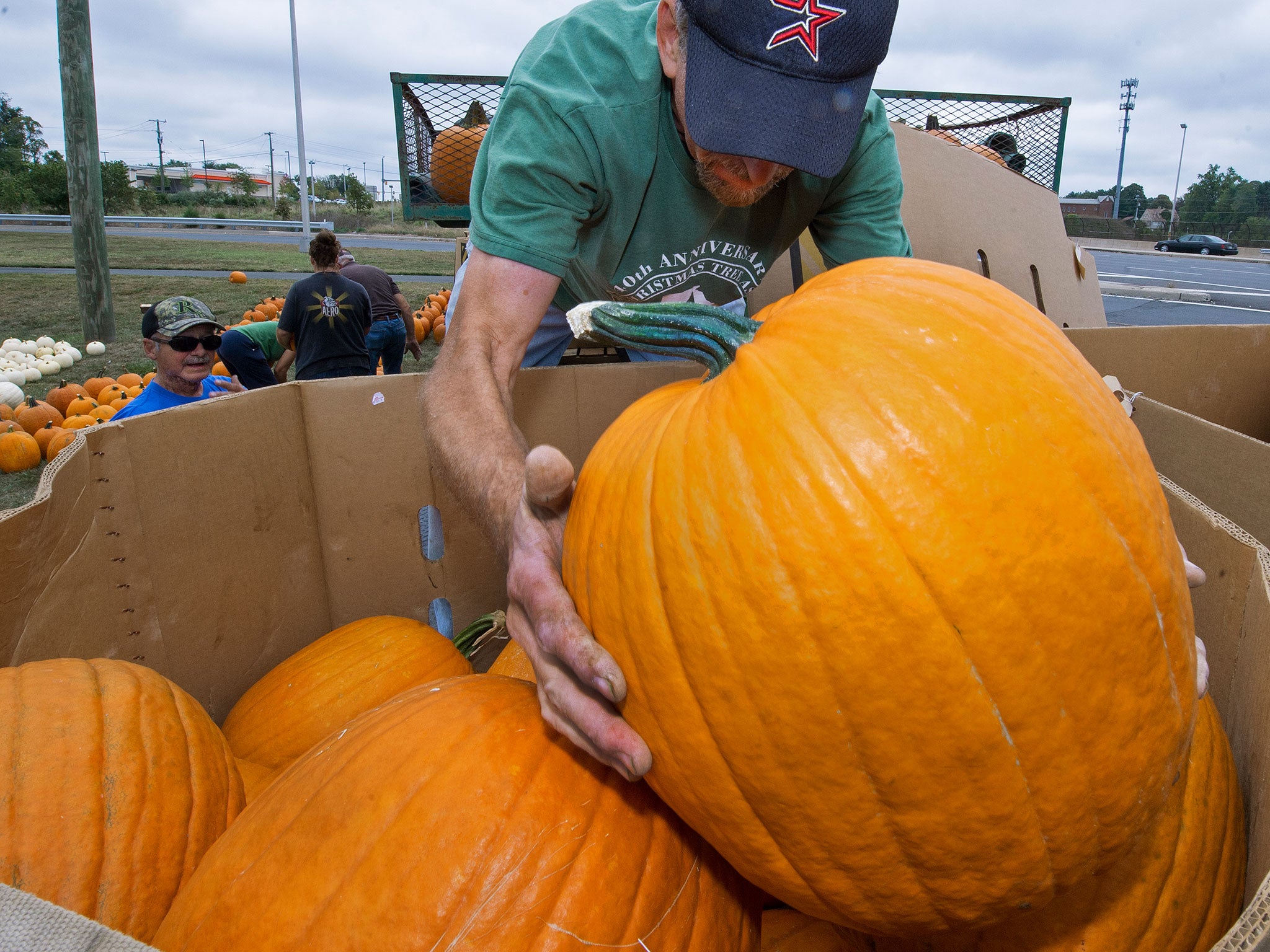Halloween 2015: What is Halloween and why do we celebrate it?
Did you know that its origins are not American but Scottish?

Your support helps us to tell the story
From reproductive rights to climate change to Big Tech, The Independent is on the ground when the story is developing. Whether it's investigating the financials of Elon Musk's pro-Trump PAC or producing our latest documentary, 'The A Word', which shines a light on the American women fighting for reproductive rights, we know how important it is to parse out the facts from the messaging.
At such a critical moment in US history, we need reporters on the ground. Your donation allows us to keep sending journalists to speak to both sides of the story.
The Independent is trusted by Americans across the entire political spectrum. And unlike many other quality news outlets, we choose not to lock Americans out of our reporting and analysis with paywalls. We believe quality journalism should be available to everyone, paid for by those who can afford it.
Your support makes all the difference.Today is Halloween and before you stock up on pumpkins; you need to watch this video which debunks the Americanisation of what is actually a Scottish holiday.
Watch the video below.
Halloween started off as a festival called ‘Samhain’, meaning summer’s end, and was celebrated by the Celts on November 1. It was believed that on this day, the veil between the dead and the living was at its thinnest.
Halloween grew in popularity in areas with Celtic heritage like Scotland where there was a romance attached to the many eerie stories of the holiday.
Trick-and-treating and carrying lanterns are seen as very American celebrations but they can be traced back to Scotland, specifically the poem ‘Halloween’ by Scottish poet Robert Burns.
Halloween's traces in America go back to colonial setters but it was the second half of the 19th century where celebrations became more widespread, according to history.com.
As more immigrants, particularly from Ireland and Scotland, arrived the spooky celebrations became more popular and traditions such as 'trick or treating' began.
Join our commenting forum
Join thought-provoking conversations, follow other Independent readers and see their replies
Comments